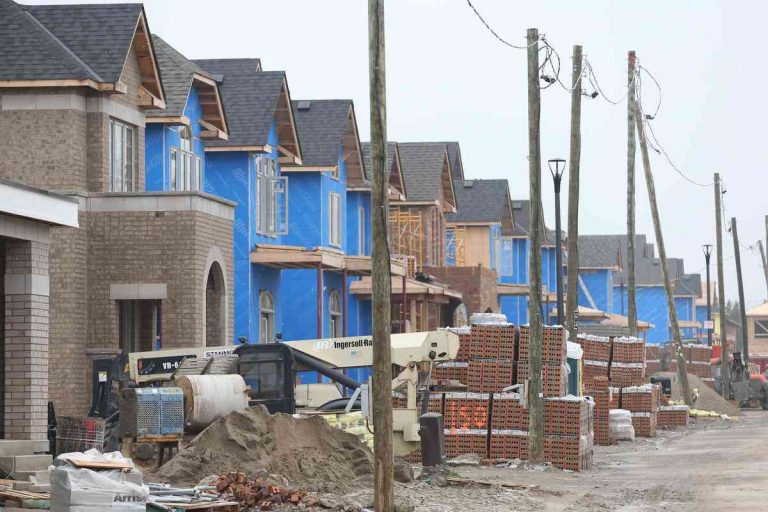Since the City of Toronto announced on April 18 that it will put 500 homes back on the market, prospective buyers in what is quickly becoming a “housing crisis” have swarmed the Canadian city. As the AP’s Dan Healing reports:
“With prices shooting past $1 million and a list of 1,000 houses still unsold, there are growing worries that Toronto, the nation’s biggest city, could be headed toward a new crisis as buyers are priced out and fewer homes are available.”
The housing crunch, a situation that has existed in other large Canadian cities like Vancouver, is exacerbated by another problem: Hundreds of thousands of former residents from the country’s once booming oil industry moved to the U.S. as energy prices collapsed. This has led to a more than 40 percent decrease in the number of available homes in Toronto from the high of three years ago, a situation now putting a strain on both buyers and sellers.
“They said ‘come on, we can’t afford the area,’” said David Orchard, 55, a lutefisk-serving chef who tried to sell his downtown condo for months and was eventually forced to move south with his wife. “There are not very many buildings with anywhere to go.”
Despite the drama currently playing out in Toronto’s real estate market, some experts say that the downtown condo market may not be so overpriced. In an April 24 report, RBC Economics found that prices for condominiums in downtown Toronto could grow at a slower pace in the coming months due to a shortage of built-up inventory as demand increased.
It is too early to predict the potential impact of that tighter inventory on the next municipal election in Toronto (in October 2018), or even on the federal election that is also scheduled for October next year. But the current shortages in Toronto, as well as issues related to housing affordability and real estate are some of the most discussed topics in Canada’s election debates and may be key for voters trying to put a face to the problems facing the urban region.
The Toronto Real Estate Board releases a housing price index on a monthly basis, although the official announcement for April did not come until last Thursday. The index calculated by the TD Bank and the Royal Bank both showed price appreciation, albeit from levels reported a few months earlier.
For example, the housing price index for a single-family home was $800,100 in March, marking a 4.5 percent year-over-year increase. The price index for a condo was $461,000, or a 28.7 percent increase over the same period.
Statistics Canada publishes a composite consumer price index every month for comparison purposes. In April, the index for a downtown condominium (such as the condominium in the scenario above) was 0.8 percent over the year. For a single-family detached home it was 4.5 percent.
